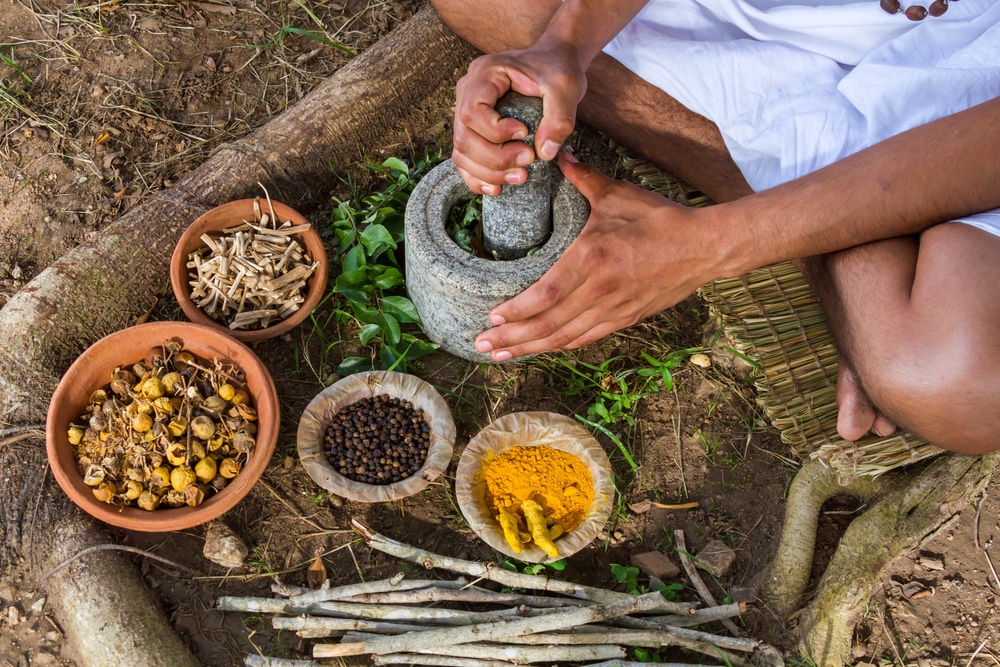
Image Source: et-edge
Traditional medicine has been an integral part of India's rich culture and heritage for centuries. The Centre's recent initiative to seek the inclusion of traditional medicine on the World Health Organization's (WHO) list is a significant step towards recognizing its importance and promoting its integration into the modern healthcare system. This move holds significant relevance from the UPSC perspective as it touches upon the domains of health, culture, and international relations, which are essential topics for UPSC preparation.
Traditional Medicine and Its Significance
Traditional medicine refers to the ancient healing practices and knowledge that have been passed down through generations within various cultures. In India, traditional medicine includes Ayurveda, Yoga, Naturopathy, Unani, Siddha, and Homeopathy. These systems have proven their effectiveness in preventing and treating various ailments over centuries and have gained recognition worldwide.
India has a vast repository of traditional medicine knowledge, documented in ancient texts such as the Charaka Samhita and Susruta Samhita. These texts contain invaluable information about medicinal plants, therapies, and the holistic approach to healthcare that can greatly contribute to the global medical knowledge pool.
Issues and Challenges
While traditional medicine has been widely practiced in India, its integration into the modern healthcare system faces certain challenges. The lack of standardization, scientific validation, and inadequate regulation are some of the key concerns associated with traditional medicine.
Standardization is crucial to establish uniformity in the preparation and use of traditional medicines. It ensures quality, safety, and efficacy, thus instilling confidence among practitioners and patients. Scientific validation, through rigorous research and clinical trials, can provide evidence of the effectiveness of traditional medicines, contributing towards wider acceptance.
Regulation plays a vital role in ensuring the quality and safety of traditional medicine products. Effective regulatory frameworks can address issues related to adulteration, misbranding, and misleading claims. It can also help in the registration and licensing of traditional medicine practitioners, improving accountability and patient safety.
UPSC Relevance
The inclusion of traditional medicine on WHO's list is an important agenda from the UPSC perspective. It reflects India's efforts in safeguarding its cultural heritage and promoting its traditional knowledge systems on an international platform. UPSC aspirants should have an understanding of the following points:
- The significance of traditional medicine in India's healthcare system
- The challenges faced in the integration of traditional medicine into modern healthcare
- The need for standardization, scientific validation, and regulation of traditional medicine
- India's contribution to the global medical knowledge pool through traditional medicine
- The role of international organizations like WHO in promoting traditional medicine
Conclusion
The Centre's initiative to seek the inclusion of traditional medicine on WHO's list symbolizes India's commitment to preserving and promoting its traditional knowledge systems. It opens up new avenues for research, collaboration, and recognition of India's rich cultural heritage. UPSC aspirants must stay updated with such developments as they hold relevance in multiple subjects of the UPSC syllabus, including culture, health, and international relations.